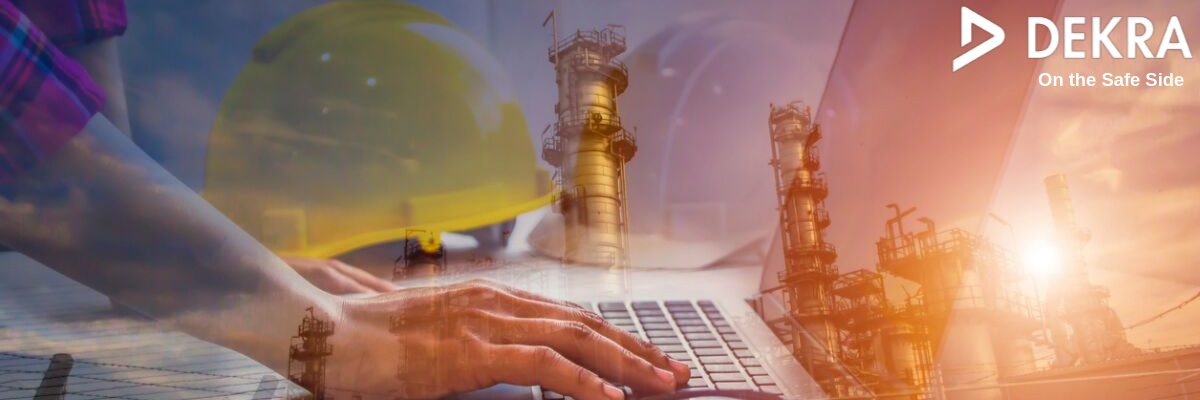Workplace hazards can be obvious as well as hidden, with immediate impact as well as delayed consequences. Workers can slip and fall in an instant or develop lung cancer from asbestos exposure over years. Recent neuroscience research has identified new hazards that come with the limitations of just being human. The way the human brain naturally works doesn’t always mesh well with processes that aren’t designed optimally. Real, identifiable latent conditions, if left uncontrolled, can and do result in injury, illness or organizational accidents.
Only Human: New Neuroscience Uncovers Workplace Hazards
Jan 17, 2020 7:00:00 AM / by DEKRA OSR Communications posted in Making Safe Decisions, safety, DEKRA, Brain-Centric Reliability
When Is Taking Initiative Going Too Far?
Dec 20, 2019 9:00:00 AM / by DEKRA OSR Communications posted in Making Safe Decisions, safety, DEKRA, Brain-Centric Reliability
While moving a new car up a ramp onto a payload bed for delivery, something goes wrong. The car starts to roll back down the ramp. Workers nearby run forward and secure it. The program manager presents the workers with awards at the next all-hands meeting for their quick response, preventing the car from possible damage. Does this send the right message? Would they have gotten awards if someone’s hand or foot had been crushed in the process?
Top 10 Safety Topics: See What Your Peers in Safety Have Been Reading
Dec 6, 2019 5:00:00 AM / by DEKRA OSR Communications posted in DEKRA OSR, Making Safe Decisions, Serious Injury and Fatality, safety in action, safety, organizational safety, DEKRA, workplace injuries, Brain-Centric Reliability
Free downloads! See our most popular white papers and e-books for 2019.
Making Safe Decisions: Solution to Overcoming Brain-Centered Hazards
Sep 6, 2019 8:00:00 AM / by DEKRA OSR Communications posted in DEKRA OSR, Brain-Centered HazardsTM, Making Safe Decisions


